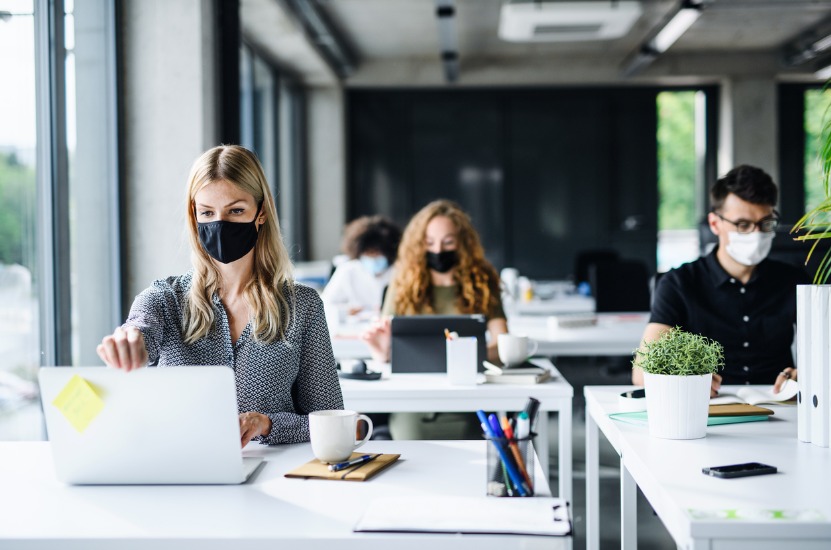You’re on a business trip and at the end of a hard week, you go for a well-earned meal with your colleagues. You choose a nice, upmarket restaurant next to two popular shopping malls in the middle of the tourist zone. Whilst you’re eating, a man passes your table to go to the bathroom. Another man follows him and shoots him in the back. A shootout ensues in the middle of the restaurant as you and the other customers try to run for cover.
It sounds like a scene right out of an action movie. Unfortunately, this happened on a Friday night in December 2020, a week before Christmas in the popular Mexican holiday destination, Puerto Vallarta. The victim was the state’s 46-year-old ex-governor, Aristoteles Sandoval. His bodyguards returned fire as they tried to retrieve his body and take him to hospital, where he later died of his injuries.
One could easily be forgiven for chalking up this near-death experience to an unfortunate coincidence. However, in the world of risk management, it is paramount that we assess the risk of any decision made and act accordingly.
New markets in a continually shrinking world
So why are we discussing Mexico in our opening paragraphs? Since the 29th December 2020, the UK has entered into 37 trade agreements with 96 countries around the world, Mexico included. New markets that may have been considered as ‘too much effort’ or ‘too risky’ when we had the low hanging fruit of the EU markets on our doorstep, but not today.
Brexit meant that UK industry can now explore new and more distant markets and trading partners, but with this expansion comes the increased need for business travel and remote working.
Many countries strive to entice business and leisure tourism to their country, often establishing ‘safe areas’ for tourists to hide any internal security problems from unwitting foreigners. Mexico is no exception. However, this was not enough in the case of the Puerto Vallarta restaurant shootout.
So how do I expand my business into foreign markets and still keep my staff safe?
As a good employer you strive to protect your employees wherever they carry out their work. You have policies and procedures, management teams and specialist staff such as HR and HSE. But what happens when your staff are working on the other side of the world, subject to local laws and customs, where standards may be vastly different and where UK management support is at home asleep when business travellers need advice. What can you do to ensure that your remote staff are not subject to unnecessary risk?
Planning, Assessment and Good Communications are ‘key’
- Ensure that you have a comprehensive travel risk management plan that includes a full itinerary risk assessment. Communicate the plan to the traveller and those who are involved, ensuring that everyone has the tools they need to play their part.
- Set up regular scheduled conference calls for everyday communications and arrange for emergency contacts outside of UK business hours.
- Ensure that your emergency/crisis plans are current and tested, that you are providing travel safety awareness training for all travellers and that you have adequate insurance to cover all risks, medical care and repatriation.
Have everything that you need, then your staff can feel safe in the knowledge that you are protecting them wherever they are and wherever they work. However, if you feel that you would benefit from experienced support, please contact us through our Contact Us page.
We can help you to review and update existing policies and procedures, to include travel safety arrangements following Brexit.
- Develop a bespoke ‘documented risk management tool’ for use when planning travel and safe working overseas.
- Help your managers to identify and manage travel risk, providing reassurance to travellers and their families and demonstrating to external stakeholders that travel risk is managed effectively (e.g. HSE, insurers etc).
- And just in case things go wrong, we can work with you to develop an effective and practical emergency plan to support and repatriate your staff.




